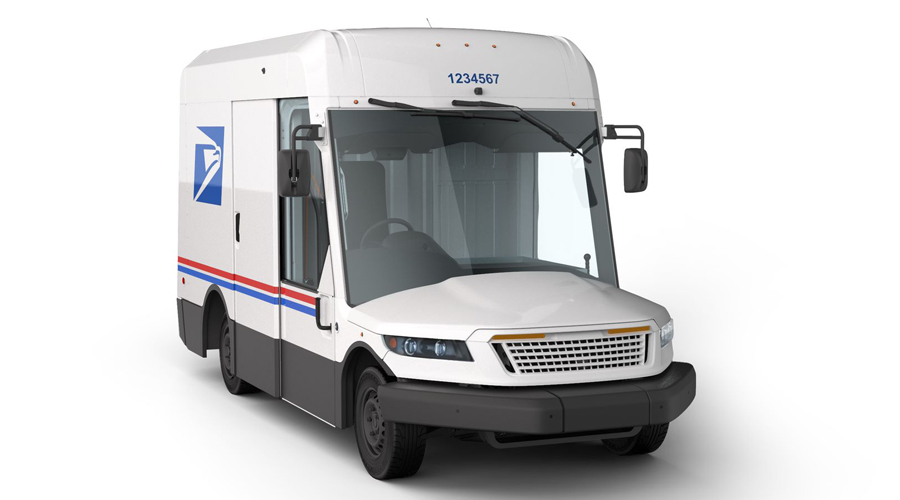States seek injunction
The lawsuit seeks an injunction forcing the USPS to stop the vehicle purchases "until it has complied with NEPA." It was filed against the USPS and Postmaster General Louis DeJoy, who was appointed by the USPS Board of Governors in 2020 under then-President Donald Trump.
All 16 states involved in the lawsuit have Democratic attorneys general. They allege that the USPS "violated well-established legal precedent prohibiting 'an irreversible and irretrievable commitment of resources' before completing the NEPA process by signing contracts with a defense company (Oshkosh Defense, LLC) to procure vehicles six months before even releasing its draft environmental review and a year prior to issuing the Final Environmental Impact Statement ('Final EIS') and Record of Decision."
The states also claim the USPS failed to consider and evaluate reasonable alternatives. "Specifically, the Postal Service did not properly evaluate several environmental impacts of its action, including air quality, environmental justice, and climate harms, by simply assuming that any upgrade to its vehicle fleet would have positive impacts on the environment," the complaint said.
States also alleged the USPS "failed to ensure the scientific integrity of its analysis by relying on unfounded assumptions regarding the costs and performance of electric vehicles, infrastructure, and gas prices, and refusing to identify the source of the data relied upon in the Final EIS."
Lawsuits in California and New York
California's lawsuit against the USPS was joined by New York State, Pennsylvania, Connecticut, Delaware, Illinois, Maine, Maryland, Michigan, New Jersey, New Mexico, North Carolina, Oregon, Rhode Island, Vermont, Washington state, the District of Columbia, New York City, and the Bay Area Air Quality Management District. The states' lawsuit was filed in US District Court for the Northern District of California.
CleanAirNow, the Center for Biological Diversity, and the Sierra Club separately sued the USPS and DeJoy in the same court in California. The Natural Resources Defense Council (NRDC) and United Auto Workers (UAW) sued the USPS and DeJoy on Thursday in US District Court for the Southern District of New York.
"Louis DeJoy's gas-guzzling fleet guarantees decades of pollution with every postcard and package, and we're hopeful the court will block it," Center for Biological Diversity attorney Scott Hochberg said. "The entire federal government is rushing to electrify, and the Postal Service can't be driving in the opposite direction."
EPA defended new vehicles
The USPS previously stuck with its decision despite criticism from the EPA and White House Council on Environmental Quality, saying in its analysis that the new trucks average 14.7 mpg when air conditioning isn't being used, while the older models "lack this important feature supporting carrier comfort and safety." The BEV has a range of 70 miles for a single charge, with or without air conditioning.
The USPS also said the EPA "should have acknowledged the significant size and weight difference resulting from the NGDV's [Next Generation Delivery Vehicle] purpose-built configuration, which provides a walk-in cargo area with large capacity necessary to support package growth and thus will require fewer trips to deliver the same volume of mail and packages."
Buying only electric vehicles "would result in about 200 percent fewer direct and indirect greenhouse gas emissions" than under the plan to buy mostly gas-powered vehicles but "is not achievable absent additional funding," as it would cost an additional $2.3 billion for 75,000 vehicles, the USPS analysis said. The states' lawsuit said the USPS "evaluated only 10 percent electric and 100 percent electric vehicle options, while arbitrarily rejecting any consideration of fleets with a larger mix of electric vehicles."


 Loading comments...
Loading comments...
